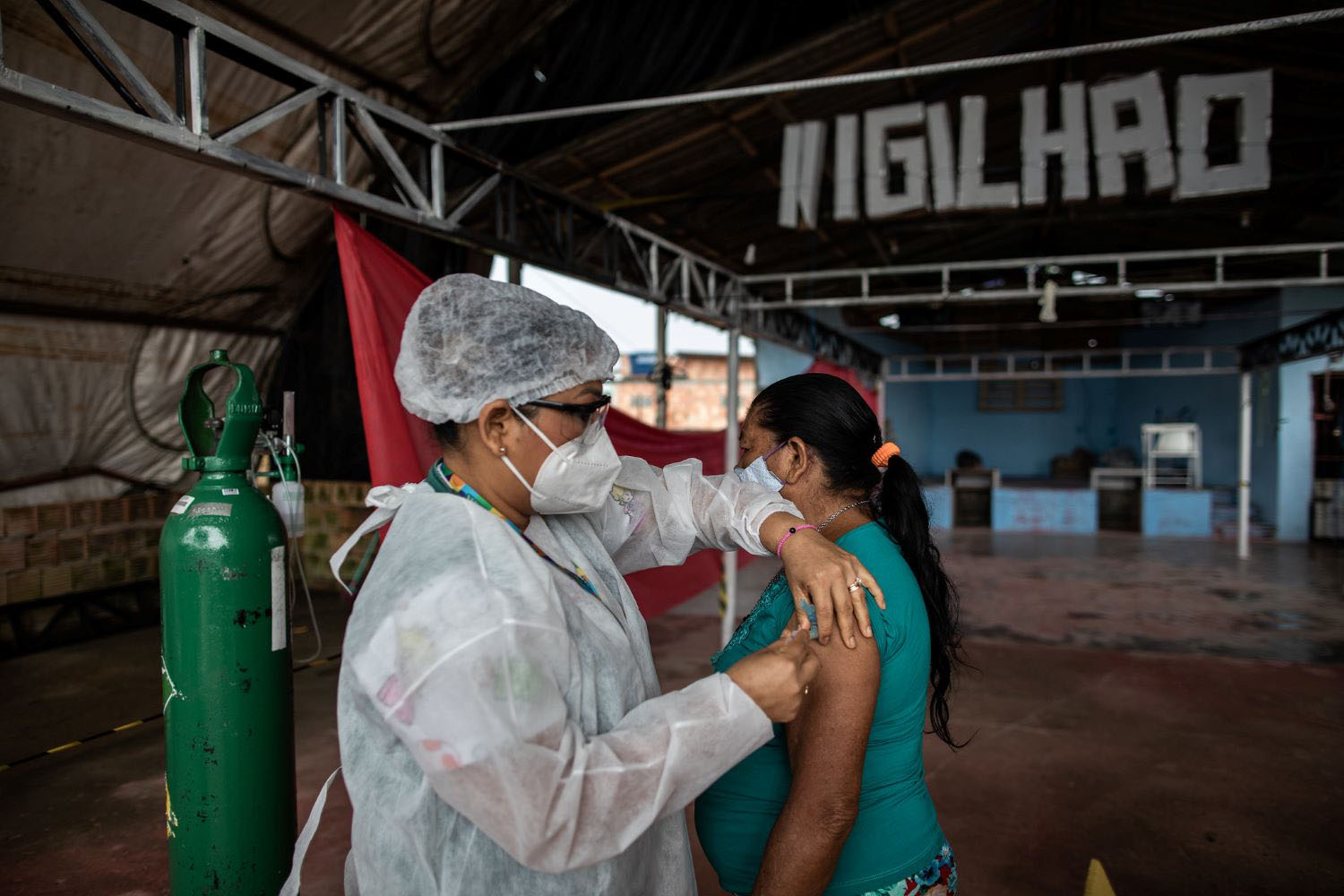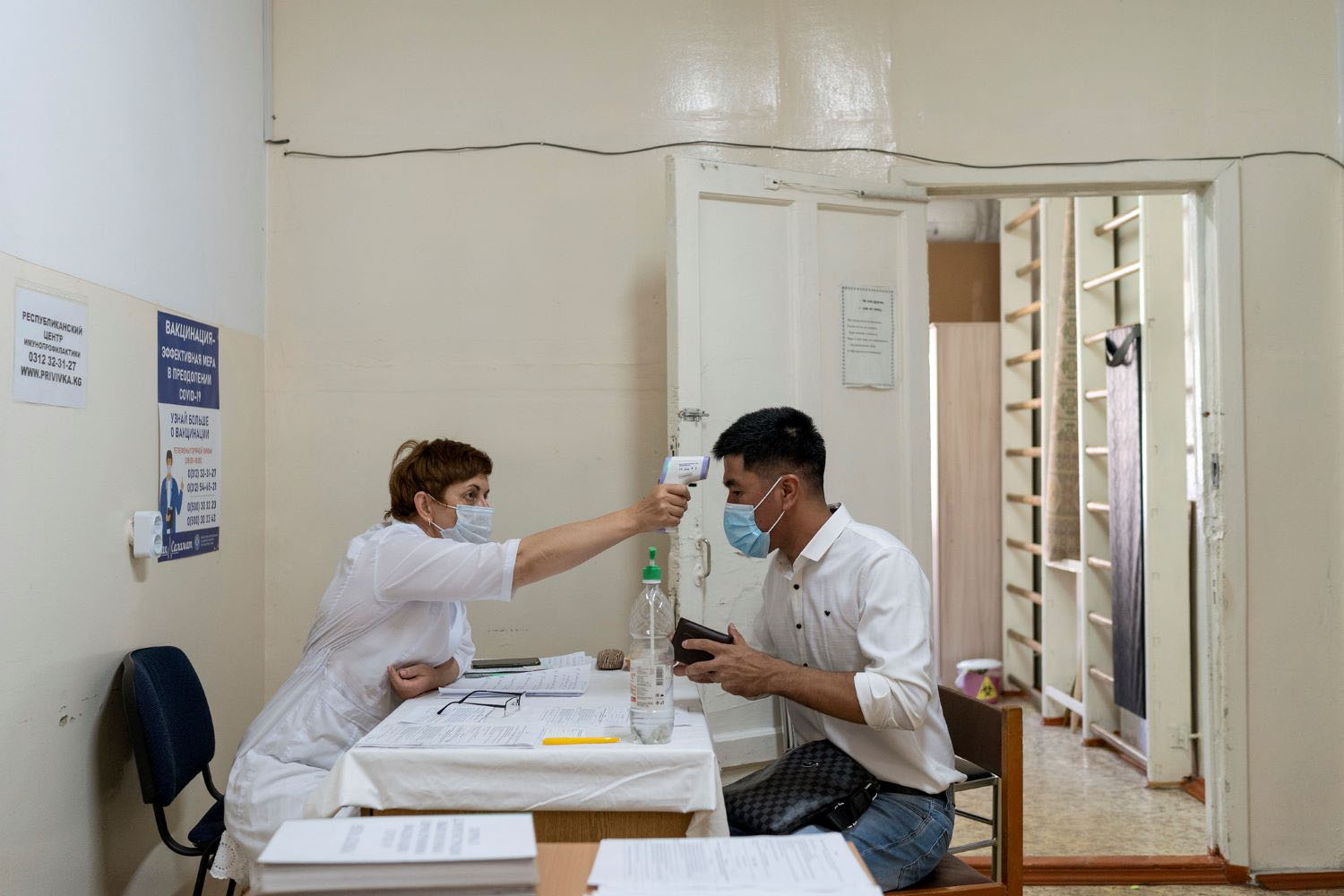The World Health Assembly (the governing body of the WHO) has agreed to launch a working group on research and development, to promote R&D aimed at diseases that disproportionately affect developing countries. The decision represents a compromise between two apparently contradictory positions.The new resolution (A59/A/Conf. Paper No 8) encourages member states:
1) to make global health and medicines a priority sector, to take determined action to emphasize priorities in research and development addressed to the needs of patients, especially those in resource-poor settings, and to harness collaborative research and development initiatives involving disease-endemic countries;(2) to consider the recommendations of the report and to contribute actively to the development of a global strategy and plan of action, and to take an active part, working with the secretariat and international partners, in providing support for essential medical research and development;
The WHA has established
an intergovernmental working group ... to draw up a global strategy and plan of action in order to provide a medium-term framework based on the recommendations of the Commission [for Intellectual Property in Health]. Such a strategy and plan of action aims at, inter alia, securing an enhanced and sustainable basis for needs-driven, essential health research and development relevant to diseases that disproportionately affect developing countries, proposing clear objectives and priorities for research and development, and estimating funding needs in this area.
The final resolution is the result of a statesmanlike compromise between two quite different proposals:
http://www.cptech.org/ip/health/who/59wha/industry-eb117-r13.pdfThe Kenya/Brazil proposal caused significant concern from industry and free market think-tanks. Roger Bate and Richard Tren of AEI "
called it a "recipe for disaster", claiming that the proposal advocated "Greater state and bureaucratic control of R&D". Industry lobbyists
pushed for the resolution to be watered down.In fact, the Kenya/Brazil text was reasonably mainstream and did not deserve the over-reaction that it caused. It makes the obvious point that intellectual property rights do not, of themselves, guarantee either that R&D will be focused on areas of greatest health need; nor do they ensure that countries pay a fair share of the global costs of R&D. In the end, the United States delegation, led by Bill Steigher,
is reported to have played a very positive role in reaching the eventual compromise position. The European Union, by contrast, stuck to a position that
appears to have been written for them by industry lobbyists.
What next?
At a conceptual level, this is an important step forward, as it represents a consensus that incentives for R&D are needed both to encourage investment in the health needs of poor countries, and to ensure that there is access to medicines when they are developed. For there to have been an agreement that reflected much of the original draft resolution tabled by Kenya and Brazil suggests that there has been a great deal of patient discussion and perhaps a narrowing of differences.And yet it is hard to see how this working group is likely to make any more progress on practical steps than the CIPIH commission which labored long and hard and was unable to come up with any specific recommendations.
CGD blog posts reflect the views of the authors, drawing on prior research and experience in their areas of expertise.
CGD is a nonpartisan, independent organization and does not take institutional positions.





